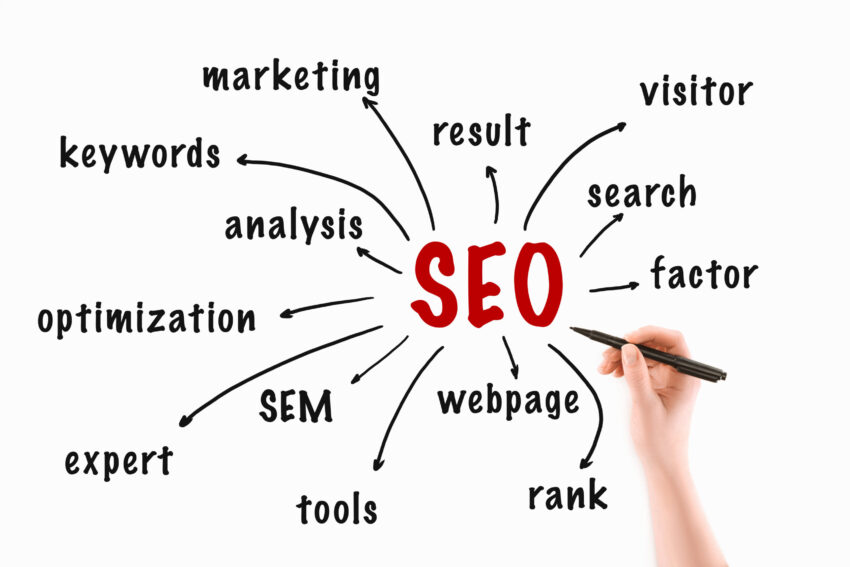
Search Engine Optimization is nowadays more important than ever and it is necessary for every web master to understand the true meaning of SEO as well as the potential it creates for every business.
SEO is the practice of optimizing websites to rank higher in search engine results for relevant keywords. It involves a strategic approach to make search engines perceive your site as more authoritative and relevant than competitors’ sites. SEO encompasses a set of guidelines that website and blog owners can follow to enhance their search visibility, improve user experience, increase website speed, and streamline navigation. SEO can be viewed as a comprehensive framework, encompassing rules, stages, and controls.
In today’s highly competitive online landscape, SEO is crucial. Search engines cater to millions of users daily, seeking answers, solutions, or information. If you own a website, blog, or online store, effective SEO strategies can propel your business growth and help you achieve your objectives. By optimizing for relevant keywords and providing a seamless user experience, you can attract more qualified traffic, improve brand visibility, and ultimately drive conversions and revenue.
By implementing effective SEO strategies, you can ensure your website ranks higher, provides a better user experience, builds trust and credibility, benefits from social promotion, streamlines content management, and gains a competitive edge in your industry.
SEO is an ongoing process that follows a framework of rules and practices. Search engines consider various factors, both on your website (on-site SEO) and external factors (off-site SEO), when evaluating and ranking your pages.
This involves optimizing your website’s content and infrastructure:
This refers to how other online sources reference and link to your website:
Search engines continuously refine their algorithms and data analysis methodologies, adding over 400 refinements annually. Therefore, a well-rounded SEO strategy incorporating on-site and off-site tactics, techniques, and best practices is crucial for achieving and maintaining high search engine rankings.
Search Engine Optimization (SEO) is one of the most cost-effective marketing strategies available. It targets users actively searching for your products or services online. SEO’s inbound nature helps businesses save money compared to outbound strategies like cold-calling. Cold leads generated through outbound methods cost 61% more than leads generated through inbound strategies like SEO. Additionally, since SEO attracts users already seeking your offerings, the resulting traffic is more qualified, leading to cost savings for companies.
Ranking in top positions on search engine results pages (SERPs) significantly increases your website’s visibility and impressions. When users see your brand consistently appearing in top positions for relevant keywords, it helps associate your brand with those keywords and instills trust. Companies ranking on the first page of search results are generally perceived as more trustworthy and authoritative. The higher your pages and content rank for targeted keywords, the more opportunities you have for users to discover your brand and associate it with those topics.
By leveraging SEO effectively, you can not only attract highly qualified traffic at a lower cost but also enhance your brand’s visibility, credibility, and trustworthiness in the eyes of potential customers.
For more information on how SEO could be beneficial to your website, or for a onetime SEO consultation, please contact us and we would be happy to help.